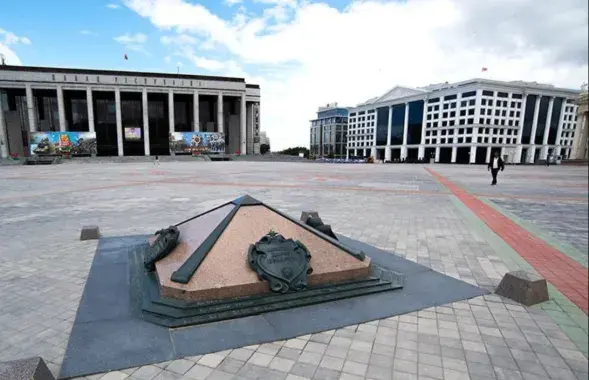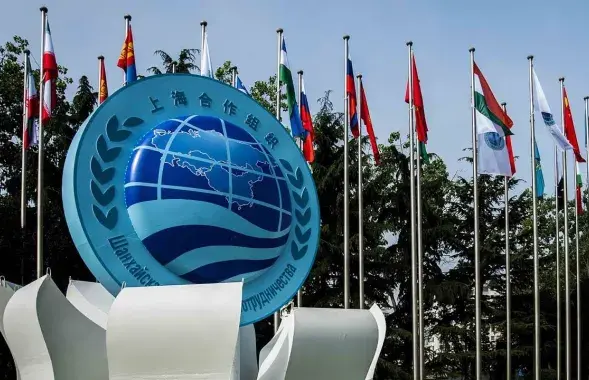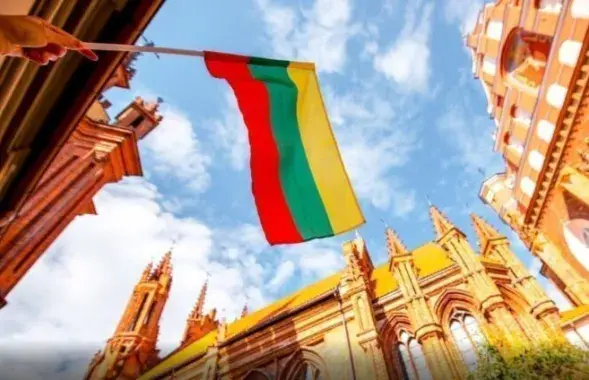When will Belarusians travel visa-free to Poland, Lithuania and Latvia?
Belarus and Poland signed a deal on trans-border travel in February, but the parliaments in the both countries are not in a hurry to approve the agreement. Mean
Belarus has sent its editorial corrections in the agreement on trans-border travel to Lithuania, Belarus foreign ministry spokesman Andrei Savinykh told Euroradio.
Andrei Savinykh: "Now it is at the stage of approving. The last version, drafted by Belarus, has been sent for consideration to the Lithuanian government".
Lithuania has not yet revealed what amendments in the wording were proposed by Belarus.
Lithuanian foreign ministry spokesman Rolandas Kaczynskas said: "Unfortunately, at this moment, we cannot comment on the changes proposed by the Belarusian government. Currently, we are considering the proposed amendments and discussing them with other government agencies".
The agreement on trans-border travel with Lithuania was supposed to be signed last September during the visit of Alexander Lukashenka to Vilnius. But, unexpectedly, the Belarusian side said at the very last moment that it needed time to resolve some technical issues.
It looks like the agreement might be signed with Latvia sooner. Belarus and Latvia has already agreed on the draft wording of the document, Latvian foreign ministry told Euroradio. It will be signed as soon as the two countries have finalized some internal procedures, most likely in the second half of the year.
Belarus and Poland's foreign ministers signed the agreement on the small trans-border travel on February 12 in Warsaw. But it must be ratified by the parliaments and the presidents of Belarus and Poland before it comes into force.
The signed agreement is no on agenda of the Belarusian parliament yet. The document is posted on the web site of the Polish parliament, but the exact date of the hearing is yet to be known.
The signed agreement with Poland and the drafts with Lithuania and Latvia contains the so called '30+ rule'. It means that if the border zone begins within the 30-km line and ends less than 50 km off the border, all residents within this area can benefit from the agreement. Correspondingly, they will not have to pay 60 euros for a Schengen visa. Instead, they will be granted a special permit valid for 5 years for multiple crossings and worth of 20 euros.















